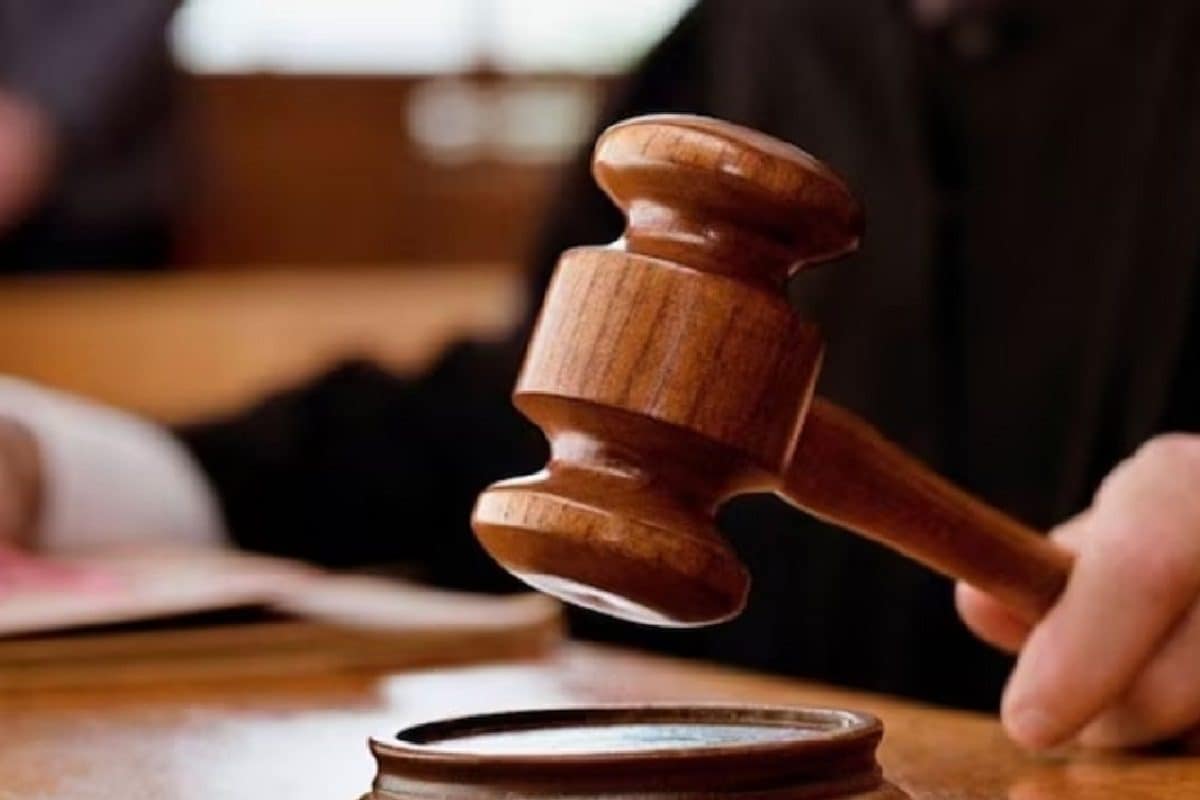The court noted that taking cognizance of the case against the petitioner amounted to an abuse of process as the same was done without application of judicial mind and in a mechanical manner
The Rajasthan High Court has ruled that for an offence to be established under the Scheduled Caste and Scheduled Tribe (Prevention of Atrocities) Act, 1989, the insult or intimidation must occur in a public setting, in the presence of others.
The ruling, delivered by Justice Arun Monga, came while setting aside the cognisance order taken by the trial court and the Special Judge. The court observed: “Both learned Courts failed to notice that Section 3(1)(x) of the SC/ST Act requires that the insult or intimidation be made in the presence of others at a public place. In the case in hand, the complainant visited the petitioner at a location that was not a public place, and there is no evidence that the petitioner’s remarks were made in public. Thus, without such preliminary evidence, the offence under Section 3(1)(x) of the SC/ST Act is not substantiated.”
The case originated from a complaint lodged by the complainant, Prithvi Ram, on January 10, 2013, accusing Chhinder Singh of making derogatory remarks related to his caste. The Additional Chief Judicial Magistrate (ACJM), Sriganganagar, before whom the complaint was made, forwarded it to the police for investigation under Section 156(3) of the Code of Criminal Procedure (Cr.P.C.), leading to the registration of a First Information Report (FIR).
After conducting their investigation, the police submitted a negative final report, concluding there were no grounds for prosecution. In response to the police findings, the complainant filed a protest petition. Thereafter, the trial court took cognizance of the offence under Section 3(1)(x) of the SC/ST (Prevention of Atrocities) Act on June 22, 2013. Dissatisfied with this order, the petitioner, Chhinder Singh, filed a revision petition before the Special SC/ST Act Court. However, on September 23, 2013, the Special Judge upheld the trial court’s decision, leading to the present petition before the High Court.
The petitioner, represented by Advocate RS Choudhary, argued that the trial court had erred in its decision to take cognizance of the case. It was emphasised that the police investigation, which culminated in a negative final report, did not substantiate the allegations. Specifically, it was highlighted that key witnesses had not testified to the presence of the accused at the scene or to any caste-based remarks being made in a public setting, as required by the provision of law. Additionally, it was pointed out that the complainant himself had denied the presence of witnesses during the alleged incident.
Opposing the petition, Public Prosecutor Sonu Manawat, contended that the complainant’s testimony provided sufficient grounds for the cognizance order. It was further alleged that the remarks made by the petitioner were abusive and derogatory, thus justifying the charges under the SC/ST Act.
The High Court observed that neither the original complaint nor the subsequent investigation supported the claim that the derogatory remarks were made in public. “The FIR itself reveals that the complainant personally visited the petitioner…During this visit, the petitioner allegedly made caste-based remarks in a sarcastic manner. Pertinently, complainant’s statement recorded by the Investigating Officer did not reveal that the petitioner made such remarks in public,” the court noted.
The court further found that that the impugned order, passed by the trial court, was largely based on the statements recorded under Sections 200 and 202 of the CrPC, where witnesses confirmed the complainant’s allegations. However, the witnesses later testified that they were not present at the time of the alleged incident.
The court criticised the mechanical manner in which the lower courts had taken cognisance of the case without addressing the negative final report filed by the police, which found no basis for prosecution. “There is no whisper or discussion of any kind qua the detailed negative Final Report which was filed by the prosecution,” the court remarked.
Citing the principles established in Bhagwan Sahai Khandelwal & Ors. v. State of Rajasthan, the court emphasised that the Magistrate was required to discuss the negative final report and provide reasons for disagreeing with it before proceeding. The court noted: “Life and personal liberty of every person is of utmost importance. Hence, life and personal liberty cannot be interfered with without a reasonable cause and without a procedure established by law. Taking of cognizance is, thus, a serious matter. For it involves disturbing the life and personal liberty of a person… Thus, taking of cognisance cannot be done in a mechanical manner. It should be done after a judicious application of mind to the facts and circumstances of each case.”
Resultantly, the court ruled in favour of the petitioner and quashed the orders of the ACJM and the Special Court, stating that, “taking cognizance of this case against the petitioner, as ordered on June 22, 2013, is an abuse of the legal process.”

